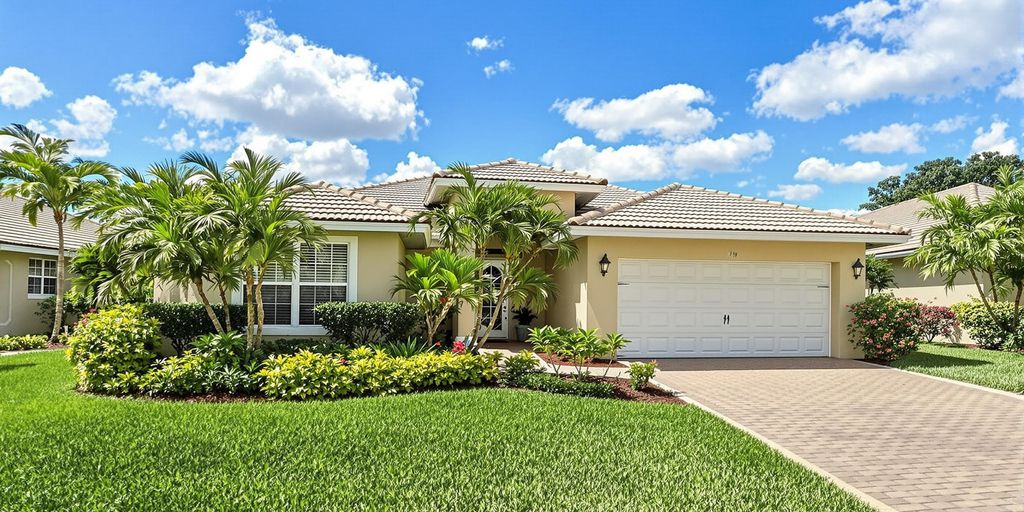Florida homeowners in community associations are now operating under a new set of regulations as of January 1, 2025. House Bill 1203, enacted in mid-2024, introduces significant reforms aimed at bolstering homeowner rights, enhancing transparency in HOA operations, and increasing accountability for HOA boards. These changes are designed to foster more equitable and well-managed community living.
Key Takeaways for Florida Homeowners
- Increased financial transparency and accountability for HOAs.
- Strengthened governance and expanded voting rights for homeowners.
- Mandatory reserve studies and structural inspections for community properties.
- Emphasis on improved and mandatory dispute resolution processes.
- Enhanced digital access to HOA documents for members.
- Stricter penalties for non-compliance and fraud.
Enhanced Financial Transparency and Accountability
New legislation mandates that HOAs provide detailed financial disclosures to their members. This includes the distribution of quarterly financial statements and reserve fund reports. Standardized accounting practices are now required to prevent financial mismanagement, offering homeowners greater assurance that their dues are managed responsibly and allocated appropriately for community upkeep and improvements.
Strengthened Board Governance and Member Rights
HOA board members must now complete state-approved educational courses covering financial literacy, recordkeeping, and governance responsibilities. Homeowners have gained enhanced voting rights on critical community issues, ensuring their voices are more influential in significant decisions. The legislation also includes provisions to protect members’ personal information from unauthorized data sharing.
Mandatory Reserve Studies and Structural Inspections
To ensure the long-term structural integrity of community properties, HOAs are now required to conduct reserve studies at least every three years. These studies assess the financial needs for future repairs and replacements. Additionally, milestone structural inspections are mandated, particularly for older buildings, to proactively identify and address potential safety concerns, thereby maintaining property safety and value.
Improved Dispute Resolution Processes
The updated laws prioritize efficient and amicable conflict resolution. A significant change is the introduction of mandatory mediation processes before any litigation can commence between a homeowner and the HOA. This aims to reduce the burden on the court system and encourage more harmonious community relations by ensuring concerns are addressed promptly and fairly.
Enhanced Digital Transparency and Communication
HOAs with 100 or more parcels must now maintain a website or mobile application providing access to essential documents such as governing documents, financial statements, meeting agendas, and insurance policies. This digital accessibility allows homeowners direct access to important community information, fostering greater engagement and insight into HOA management.
Penalties for Non-Compliance and Fraud Prevention
Stricter penalties, including criminal consequences, are now in place for HOAs that fail to comply with regulations, particularly concerning financial mismanagement and fraudulent activities. Board members intentionally obstructing access to records or engaging in financial fraud face serious legal repercussions. Oversight mechanisms are also established to detect and prevent corruption, safeguarding homeowners’ investments and community well-being.


